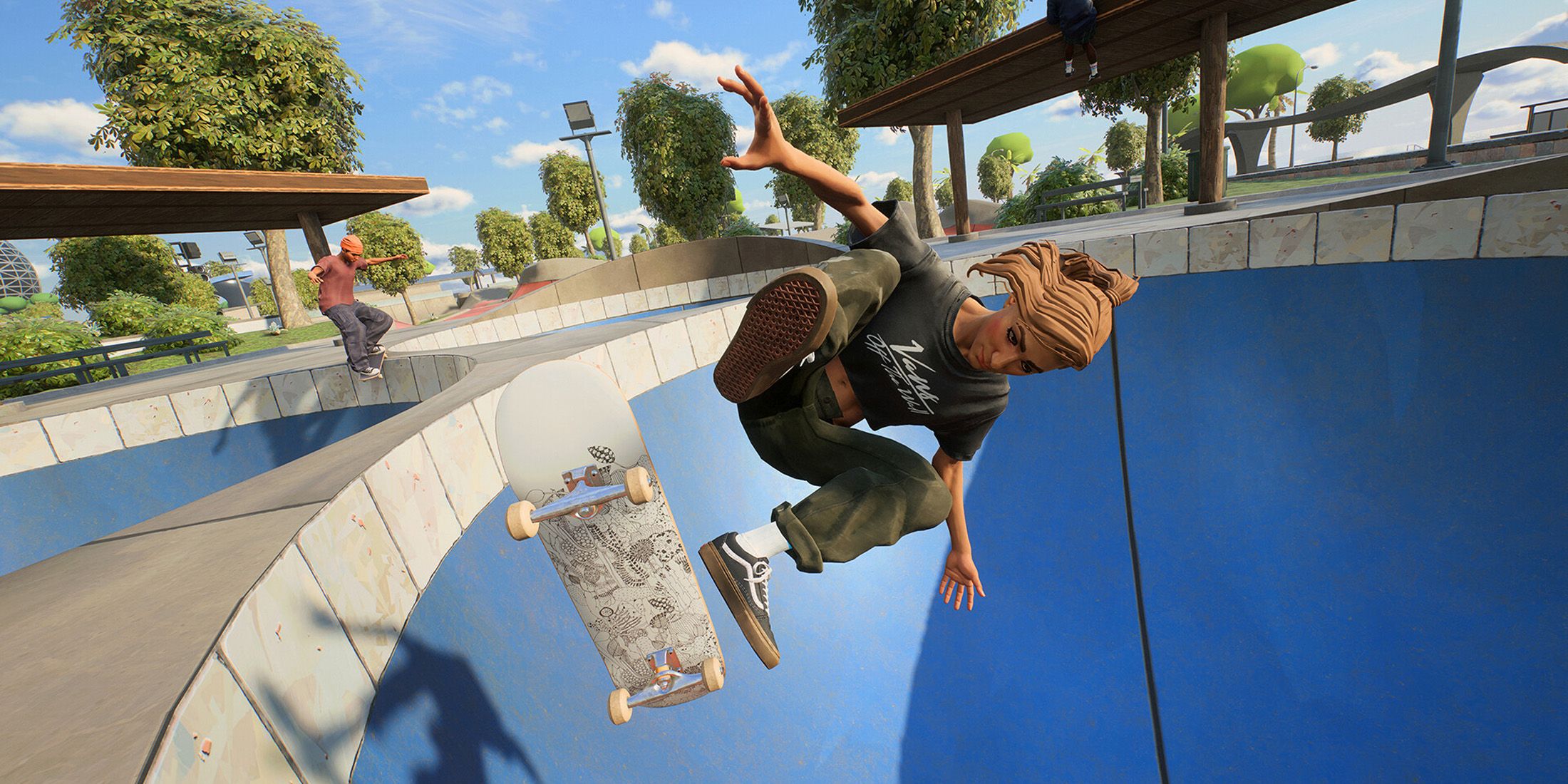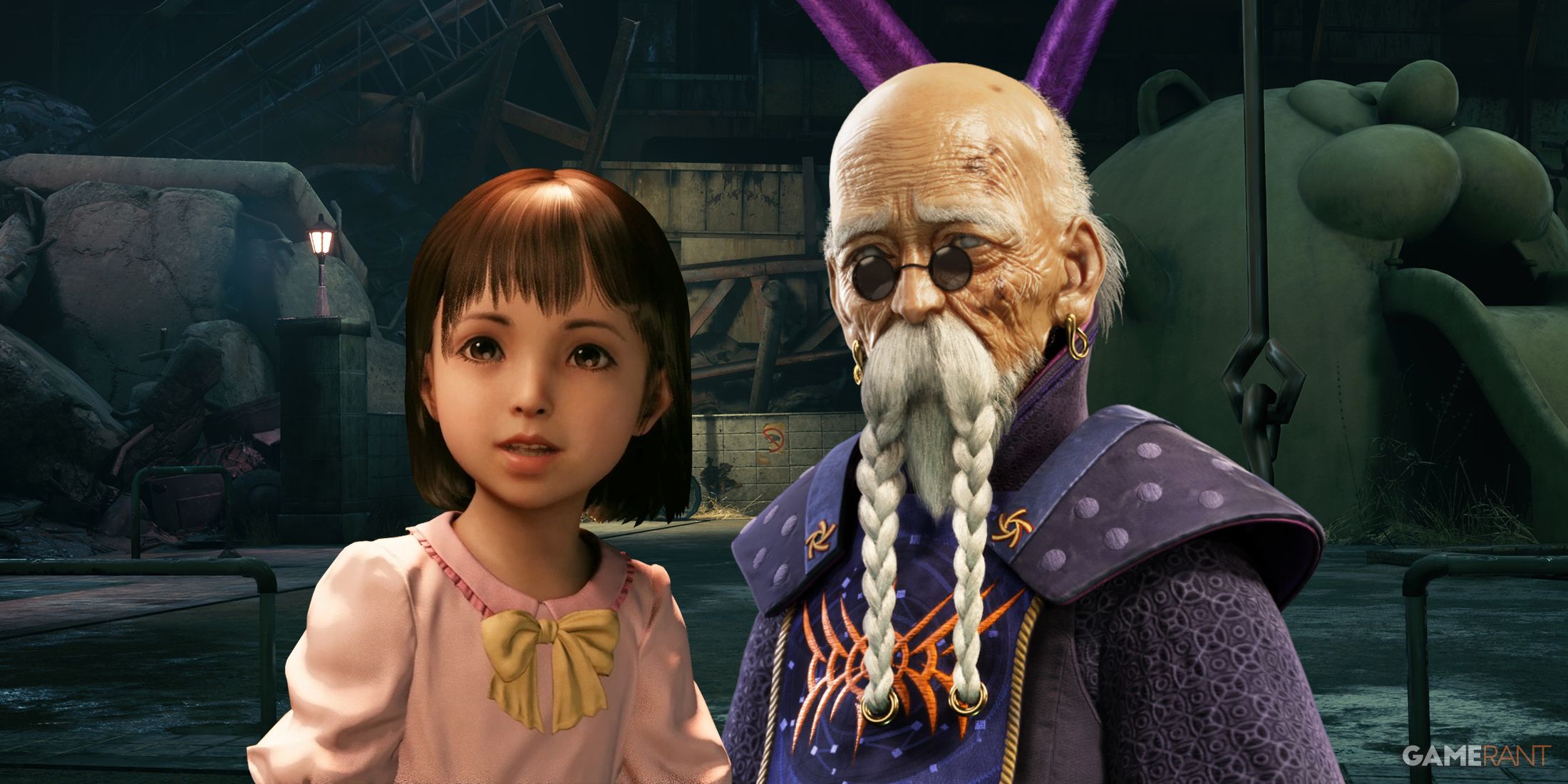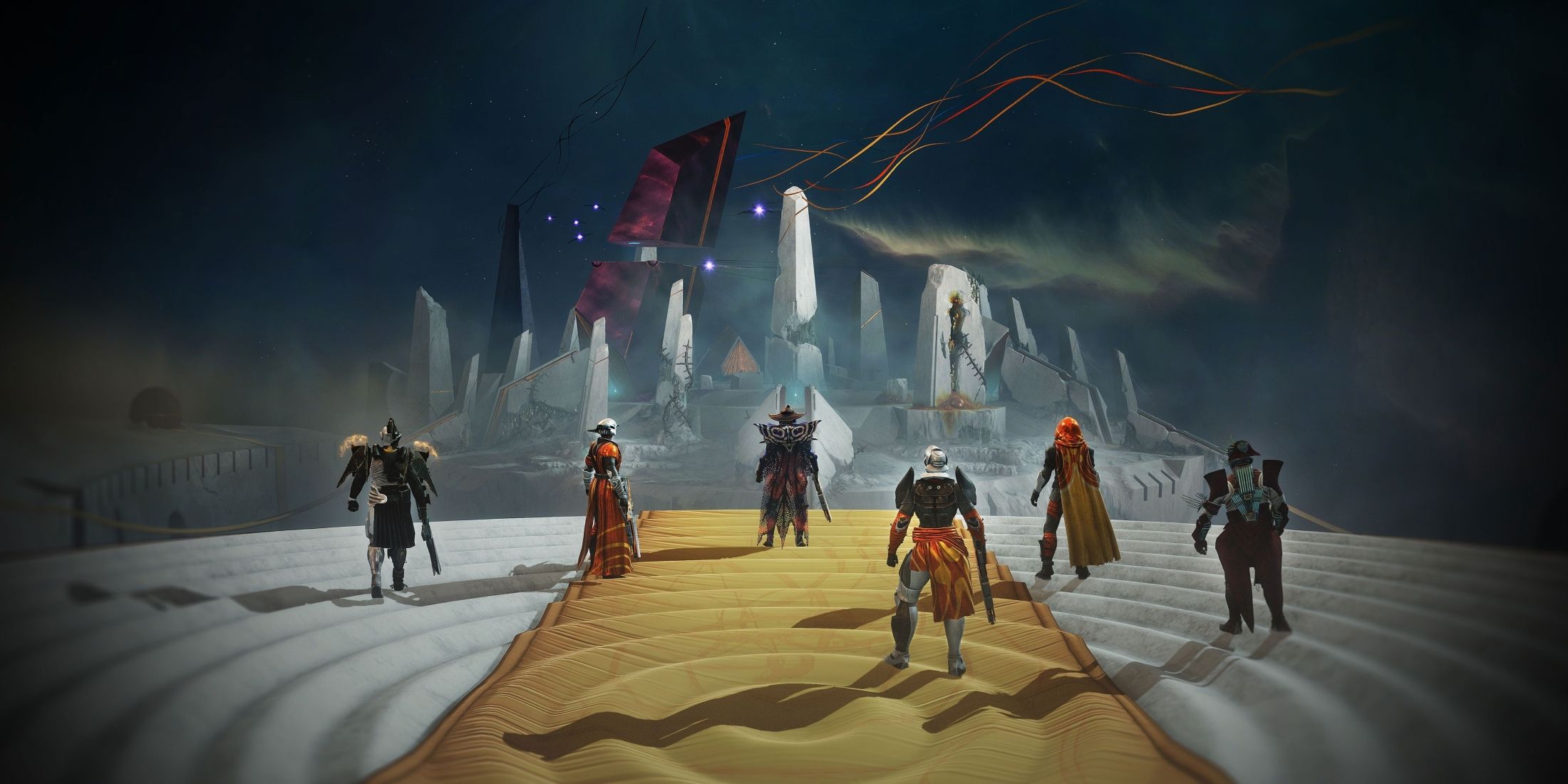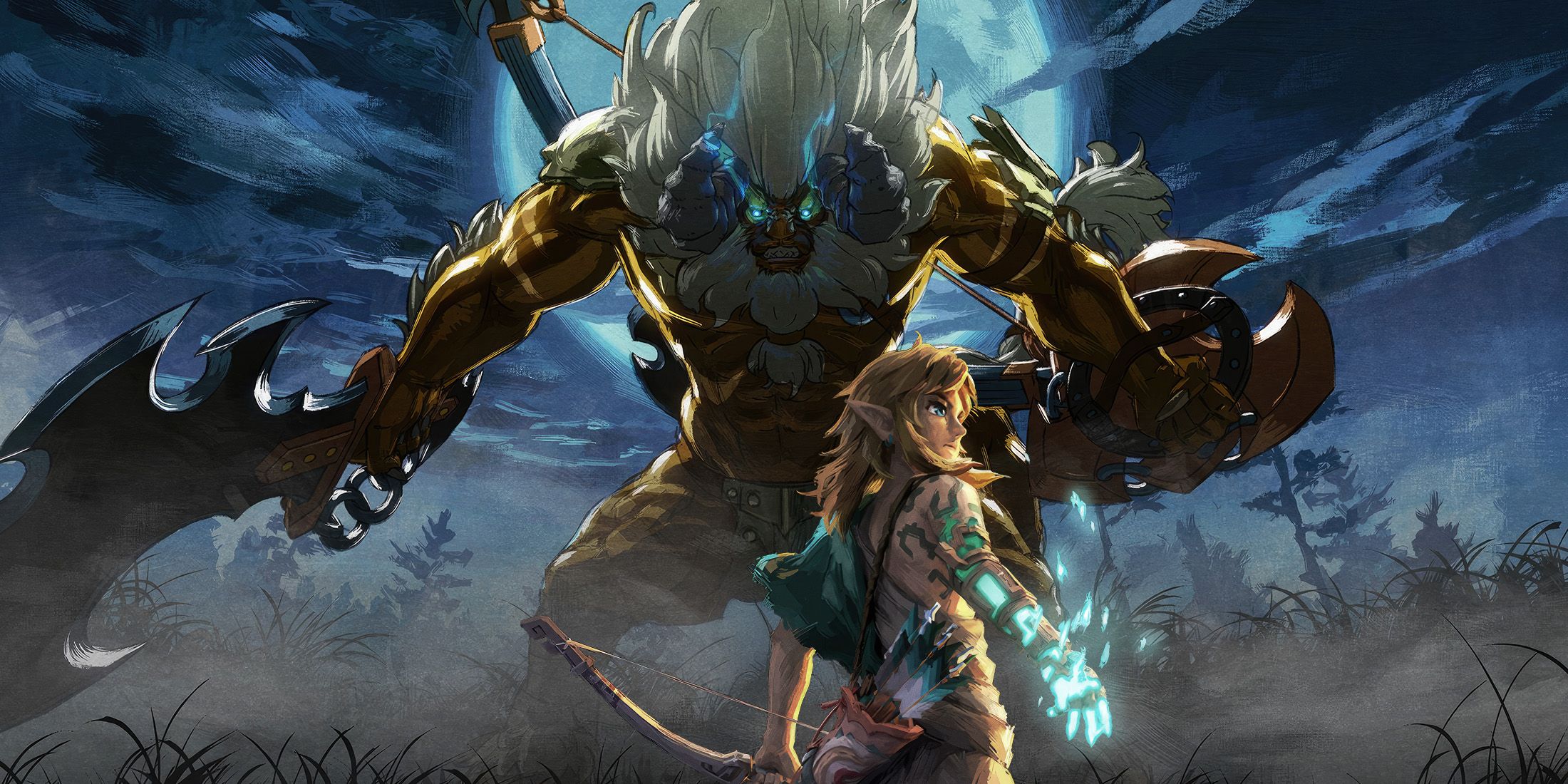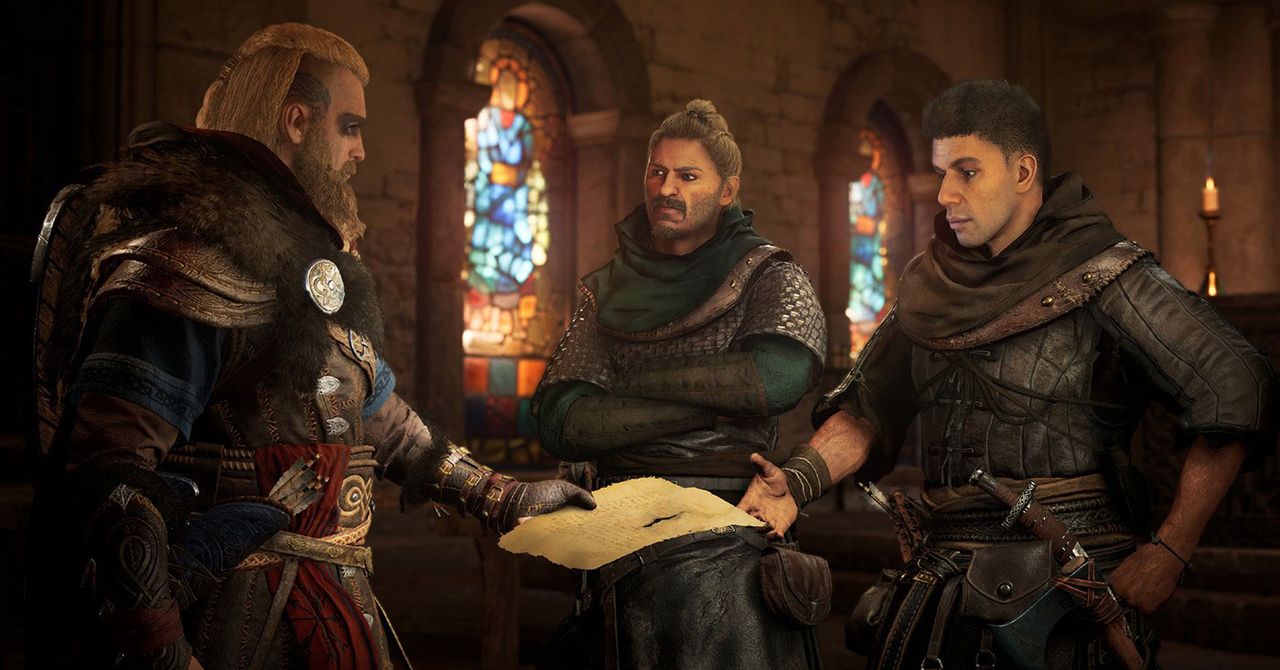
It’s important to be invested in the story when playing a video game. Sure, there are absolutely times when it’s possible to just step back and enjoy the gameplay and visuals (Sackboy has been great for this lately), but most of the time, it’s the goal, character, and story arc that provide an anchor. Many of us don’t have a lot of time to play on a day-to-day basis, so gaming time needs to feel consequential. Payoff is paramount.
With that in mind, you’d think that the trend toward actual consequences for character choices in a game would be a welcome shift. Being able to control the ending of the story based solely on the decisions your character makes is incredible for interactive storytelling. It leaves gamers deeply invested in their characters, as they know they are actually making a difference in how the game will play out. I should adore it, but in reality, it sucks.
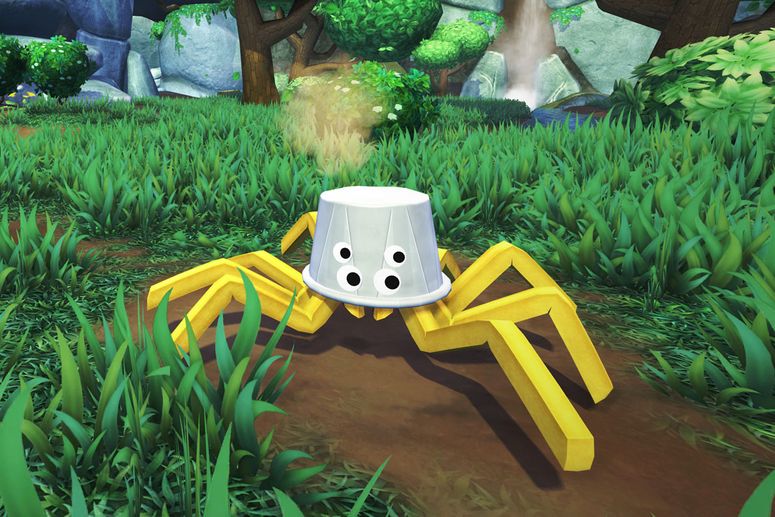 Easy ModeBugsnax Is Keeping Me Going (and It Might Just Help You Too)Swapna Krishna
Easy ModeBugsnax Is Keeping Me Going (and It Might Just Help You Too)Swapna Krishna save gamesHow Video Games Are Saving Those Who ServedAlex Miller
save gamesHow Video Games Are Saving Those Who ServedAlex Miller Game/Not a GameThe Last of Us Part II and Its Crisis-Strewn Path to ReleaseDarryn King
Game/Not a GameThe Last of Us Part II and Its Crisis-Strewn Path to ReleaseDarryn KingWhy? I have a love/hate relationship with this kind of gameplay. If you’re a heavy RPG player (I grew up on Final Fantasy), then the bulk of games you play end up having some sort of “choices have consequences” framework. Having to make choices that directly impact the kind of ending I’ll get in a game can be very stressful—especially when these games are often 50-plus hours long. It means the time-cost of not getting the ending you desire can be very high.
I’m currently playing (and really enjoying) Assassin’s Creed: Valhalla. It took me a while to really get into it—but once the story felt like it got going, it finally clicked and I was hooked. In these games, the decisions your character makes matter. In conversations, you’re often presented with different dialogue options and actions—kill an enemy versus letting them go, prioritizing one goal over another. If you want the “best” ending, presumably the happiest one, then you have to make the correct choice at the right time without perfect information.
Sometimes, figuring out what choice to make is easy: You just choose mercy, or the option that will kill or otherwise harm the least amount of people (a good strategy in video games and in life). Other times, it’s entirely unclear. And, if you’re a person obsessed with getting that gold star, that “best ending,” it can be extremely fraught.
When playing Valhalla earlier this week (a game I’ve put about 50 hours into since November), I was faced with a choice of who to support for the leader of a shire; my end goal was to form a lasting alliance. I knew the decision could have consequences, so I thought about it for a while, gathered as much information as I could, and then I turned to Google. I’d always rather risk spoilers than risk the best outcome.
Choosing paths in video games is a thrilling fusion of realistic pleasure and bitter甜Teach consequences that adds an extra layer depth to gaming experiences, making every decision feel weighty with possibility or regret.
The genuine charm and torment of making choices in video games, as depicted by 'Making Choices: The Real Pleasure And Pain', offers a nuanced perspective that resonates deeply with the complexity we face when navigating virtual worlds beyond retrace.
The meticulous exploration of the real pleasure and pain that comes with making choices in video games is a glimpse into our own decision-making processes, enhancing Player Choice as more than just an option on obscure menus but deep philosophical thoughts we apply to life.
Choice-driven narratives in video games bring forth a genuine dichotomy of both thrilling fulfillment and heartrending consequences, providing vivid representations that illuminate the real pleasure - as well as painful realities we encounter when faced with life's critical decision points.
In the realm of video game immersion, 'The Real Pleasure and Pain' perfectly captures both exhilaration from decisive moves under pressure as well as moments of regret tinged with sadness. It is this dual-edged sword that makes for an enlightening journey.




